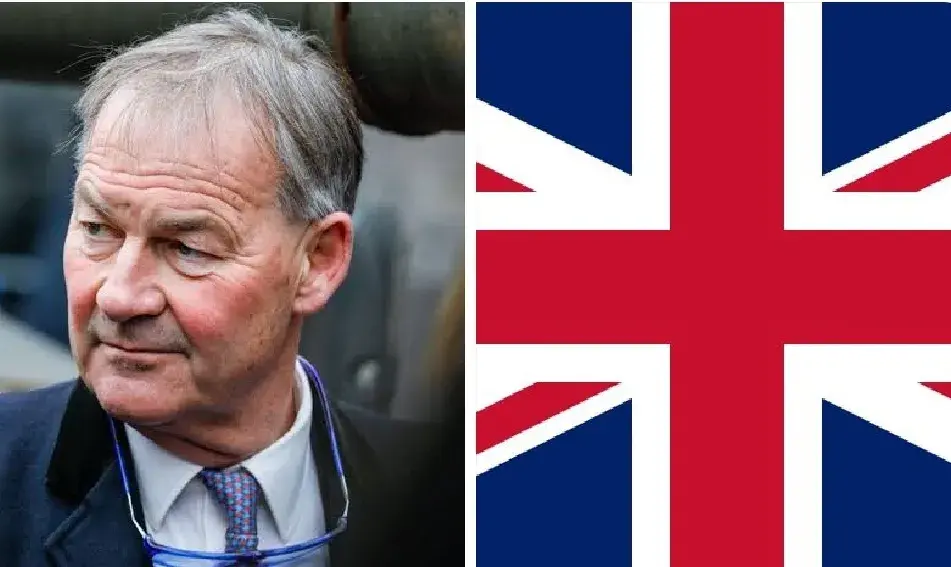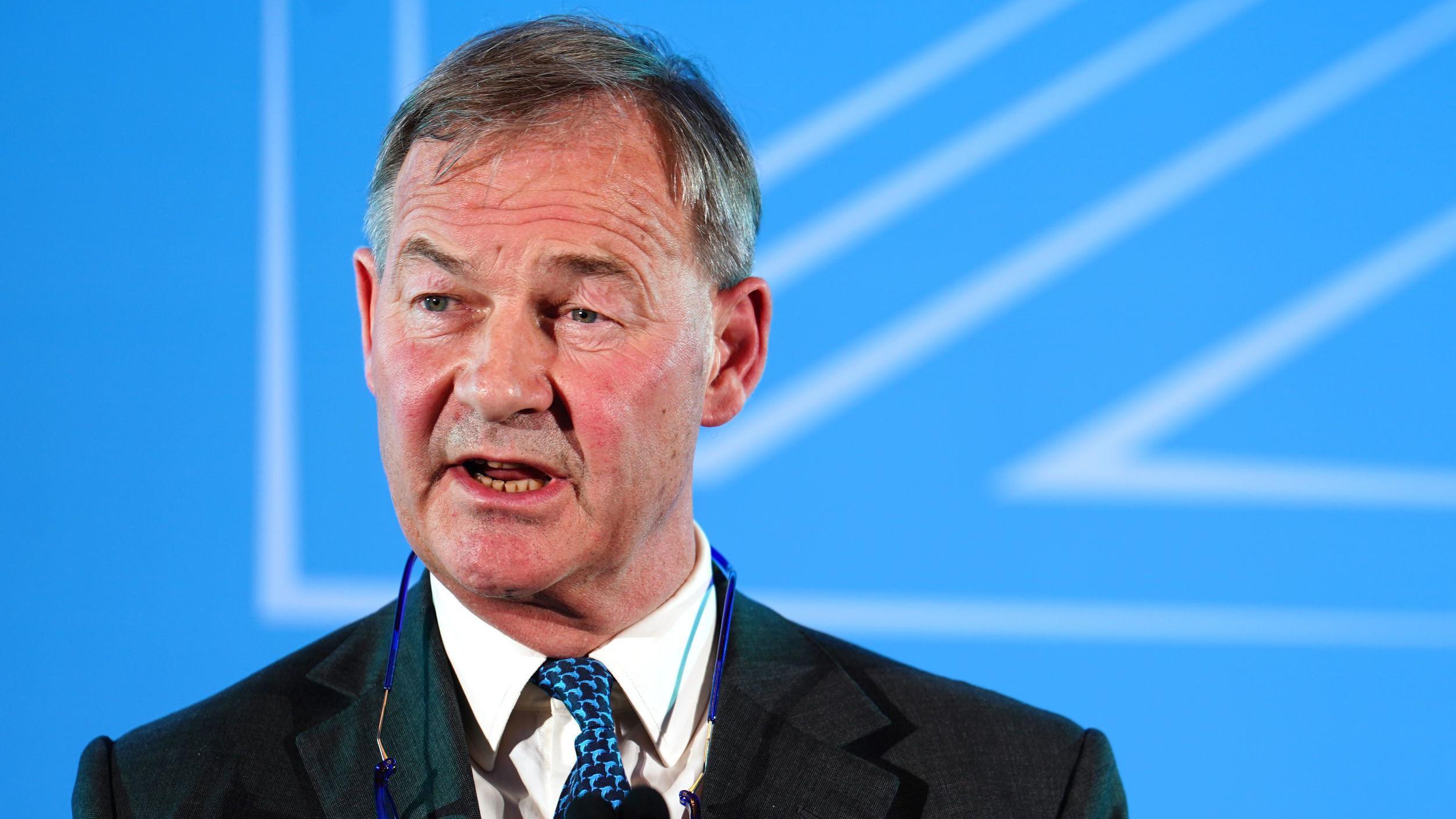On June 13, 2025, Rupert Lowe, the independent MP for Great Yarmouth and former Reform UK member, submitted an early day motion to the UK Parliament calling for a ban on the burka and niqab, describing them as “oppressive, dangerous, and un-British.” Lowe’s motion has sparked significant controversy, reigniting debates about cultural identity, personal freedom, and security. He invited all MPs to support the motion, stating, “Let’s see who has the courage to sign,” framing it as a test of political resolve.

The proposal follows a history of similar debates in Britain, with public opinion polls showing mixed sentiments. A 2016 YouGov poll found 57% of Britons supported a burka ban, though support dropped to 48% by 2017, with younger voters and Liberal Democrats largely opposing it. Critics, including Muslim groups and some politicians, argue that such a ban infringes on personal and religious freedoms, potentially fueling Islamophobia. A 2014 petition against a niqab ban emphasized Britain’s multicultural identity and women’s right to choose their clothing. Others, like the British National Party, have long supported such bans, citing security concerns, as seen in cases where face coverings were used to evade detection.
Kemi Badenoch, the Conservative leader, rejected an outright ban, arguing it’s unenforceable amid a prison capacity crisis, though she emphasized the importance of integration and opposed forced veiling. Reform UK MP Sarah Pochin recently raised the issue in Parliament, but party officials clarified that a ban is not official policy. Posts on X reflect polarized views, with some users supporting the ban for security reasons, while others warn it could isolate Muslim women further or echo authoritarian restrictions.
Several European countries, including France, Belgium, and Austria, have implemented bans on face coverings since 2010, often citing security or social cohesion. However, the UK government has historically opposed such measures, with ministers like Damian Green calling them “un-British.” Lowe’s motion, unlikely to pass due to parliamentary time constraints and opposition, continues to stir debate about balancing individual rights with societal concerns.






